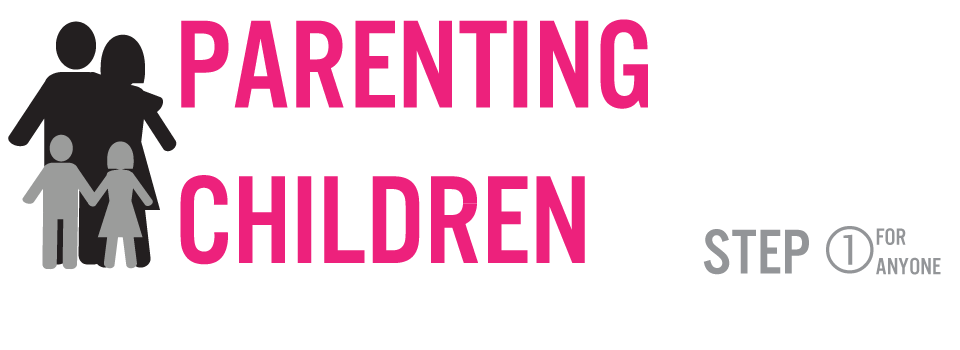
The busy commuting lifestyle can be brutal for young parents. It’s hard enough to find time at home, and especially when children are young, it’s hard to get everything done before bedtime, and everyone out the door in the morning again. This course has great practical help for parents of children up to age ten, along with worksheets and discussion questions to help you process what you’re learning.
If you’re parenting with a partner, ask them to watch or listen to the same content as you, so you can discuss the question when you’re back in one place.
This course is also great in groups – start by checking it out alone, but then invite someone else or a couple to join you. When you’ve been meeting in a group for a little while, register your group here.
Parenting Children - August 17, 2012
Day 5 – Experiencing & Observing Healthy Relationships
More Messages Associated With "Relationships"...
Powered by Series Engine
.
Course Content
Podcast Links
![]() Our web site is built for live streaming of video and audio courses, but you may prefer to use a podcast app where you subscribe. For copyright reasons, you won’t find us in podcasting directories, but should subscribe by entering this link in your favourite podcasting app:
Our web site is built for live streaming of video and audio courses, but you may prefer to use a podcast app where you subscribe. For copyright reasons, you won’t find us in podcasting directories, but should subscribe by entering this link in your favourite podcasting app:
https://www.redeemthecommute.com/?feed=seriesengine&enmse_pid=6
